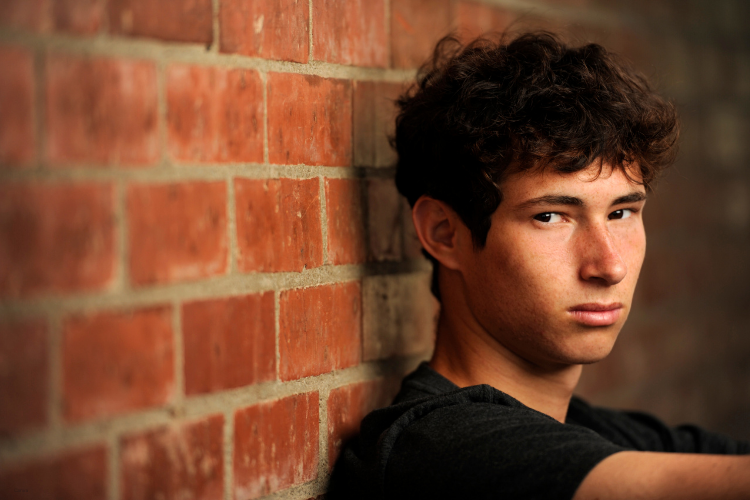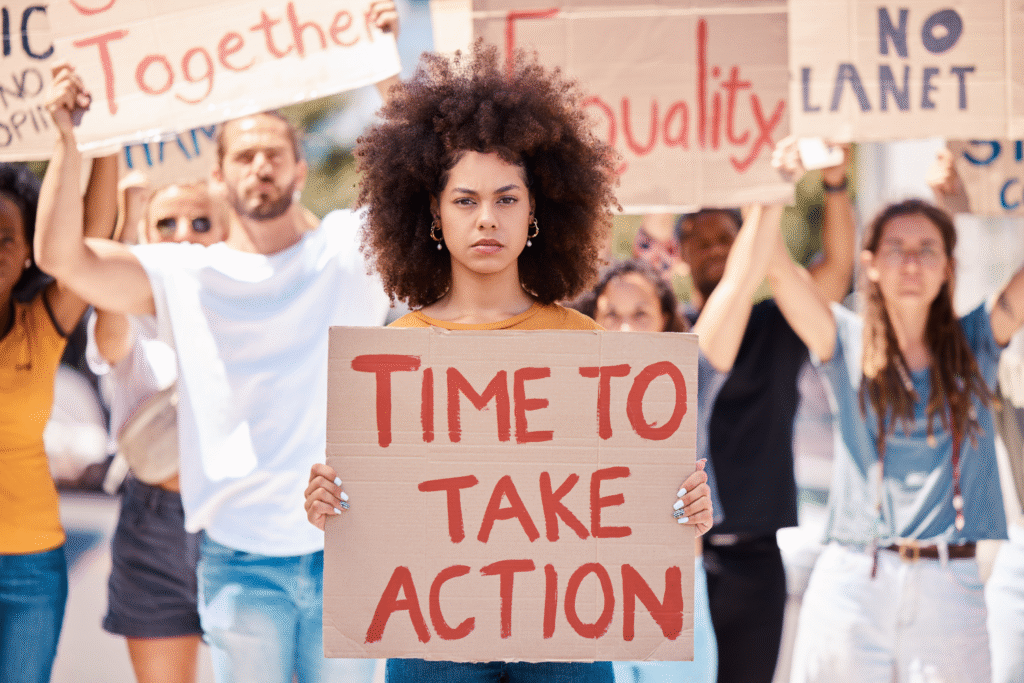Young people see having children as morally questionable in a warming world.

Emma Martinez used to dream about naming her future daughter Sofia. Now 17, she’s decided against having children entirely, convinced that bringing new life into a climate-ravaged world would be cruel. Her reasoning feels both heartbreaking and rational.
Across America, teenagers are making similar calculations about parenthood, family planning, and what constitutes responsible decision-making in an era of environmental crisis. Their conversations about the future carry weight that previous generations never shouldered. Climate change isn’t just reshaping weather patterns—it’s fundamentally altering how young people envision their adult lives and family structures.
1. Survey data reveals that half of young adults question having children due to climate fears.

Recent polling shows a stark shift in reproductive attitudes among people under 30. Many express deep uncertainty about bringing children into a world they believe will be significantly less habitable than today. According to a 2023 study published in The Lancet, 56% of young adults aged 16-25 reported that climate change makes them hesitant to have children.
These aren’t fleeting concerns born from social media hysteria. Young people cite specific worries about resource scarcity, extreme weather events, and potential societal collapse when explaining their reproductive choices. Their fears feel grounded in scientific projections rather than abstract anxiety, creating a generation that views parenthood through an environmental ethics lens that older generations rarely considered.
2. Therapy offices fill with teens processing grief over futures they’ll never experience.

Mental health professionals report increasing numbers of adolescents struggling with what psychologists call “ecological grief”—mourning for environmental losses and anticipated future destruction. These young people describe feeling robbed of normal developmental milestones and life dreams. The phenomenon has become so widespread that specialized treatment protocols now address climate-related anxiety in therapeutic settings, as reported by the American Psychological Association.
Teenagers talk about feeling guilty for wanting normal things like big families or suburban homes. Some describe a sense of survivor’s guilt about living relatively comfortable lives while future generations may face catastrophic conditions. This emotional burden creates complex therapeutic challenges that traditional adolescent counseling approaches weren’t designed to address.
3. Social media amplifies doomsday scenarios that shape reproductive decision-making.

Instagram feeds and TikTok algorithms serve up a constant stream of climate disaster content that reinforces fears about environmental collapse. Young people consume apocalyptic projections alongside their morning coffee, creating a psychological environment where catastrophic thinking feels normal and rational. Research from Yale University indicates that social media exposure to climate content correlates strongly with reproductive anxiety among adolescents.
Viral posts about uninhabitable future temperatures or societal breakdown accumulate in teenage minds like compound interest, building toward life-altering decisions about family planning. While some content provides valuable environmental education, the emotional intensity of climate messaging often overwhelms developing coping mechanisms, leaving teens feeling powerless and hopeless about long-term planning.
4. Parents struggle to discuss family planning when their own children reject the concept.

Family dinner conversations take surreal turns when teenagers announce they’ll never have children because the world is ending. Parents who dreamed of grandchildren find themselves navigating unprecedented territory, unsure whether to validate their children’s environmental concerns or encourage more optimistic thinking about the future.
Many adults feel caught between respecting their teenagers’ moral reasoning and worrying about premature life decisions made during emotionally turbulent years. Some parents attempt to provide historical perspective about previous generations who faced existential threats, while others find themselves questioning their own reproductive choices in light of their children’s arguments.
5. Dating apps reveal generational splits over climate-conscious family planning.

Young adults increasinglyx list climate positions and reproductive intentions on dating profiles, creating new categories of romantic compatibility. Some specify they want “climate-conscious partners” who share concerns about bringing children into an uncertain environmental future, while others explicitly seek partners who still want traditional families despite climate concerns.
Dating becomes more complicated when fundamental life decisions hinge on environmental philosophy. Relationships end over disagreements about whether having children constitutes an ethical choice, transforming climate change from a political issue into an intimate relationship factor that shapes romantic partner selection.
6. College campuses host support groups for students processing reproductive anxiety.

Universities report growing demand for counseling services addressing climate-related reproductive concerns. Student wellness centers now offer specialized support groups where young adults can process their fears about parenthood alongside peers facing similar dilemmas. These groups provide safe spaces to explore complex emotions without judgment.
Campus conversations reveal sophisticated ethical reasoning as students debate their responsibilities to potential future children versus their desires for normal family experiences. Many participants describe feeling isolated from family members who don’t share their environmental concerns, finding community among peers who understand the weight of these reproductive decisions.
7. Religious communities grapple with theological implications of climate-based reproductive choices.

Faith-based youth groups face unprecedented questions about stewardship, divine providence, and reproductive responsibility in an era of climate change. Young believers struggle to reconcile religious teachings about fruitfulness and family with environmental concerns about overpopulation and resource consumption.
Some religious leaders adapt traditional teachings to address contemporary environmental realities, while others maintain that faith should overcome climate anxieties about family planning. These theological discussions reshape how young people understand religious obligations and personal choices, creating new interpretations of ancient wisdom for modern environmental challenges.
8. Medical professionals encounter patients seeking sterilization procedures at younger ages.

Gynecologists and urologists report increasing requests for permanent birth control procedures from patients in their early twenties who cite climate concerns as primary motivations. Medical professionals face ethical dilemmas about performing irreversible procedures on young adults whose views might change over time.
Healthcare providers develop new counseling protocols to address climate-motivated sterilization requests, balancing patient autonomy with concerns about irreversible decisions made during periods of high anxiety. Some practitioners require waiting periods or additional counseling specifically focused on environmental concerns before proceeding with permanent procedures.
9. Economic factors compound climate fears to create additional reproductive hesitation.

Climate anxiety intersects with traditional economic concerns about child-rearing costs, creating layered justifications for avoiding parenthood. Young adults cite both environmental ethics and financial realities when explaining their reproductive choices, making it difficult to separate climate concerns from broader economic anxieties about raising children.
Rising housing costs, student debt burdens, and uncertain job markets combine with climate fears to create compelling arguments against having children. This intersection of environmental and economic concerns creates multiple reinforcing reasons for reproductive avoidance that feel both personally and globally responsible.
10. Hope emerges through youth climate activism and technological optimism.

Some young people channel their environmental concerns into activism rather than reproductive avoidance, finding purpose and hope through direct engagement with climate solutions. These individuals often maintain more optimistic views about family planning, believing their efforts might help create a better world for future generations.
Climate activism provides psychological benefits that counter reproductive anxiety, offering agency and purpose instead of helplessness and despair. Young activists often describe feeling empowered to have children because they’re actively working toward environmental solutions, demonstrating how engagement can transform paralyzing anxiety into productive action that preserves both environmental and reproductive hopes.
